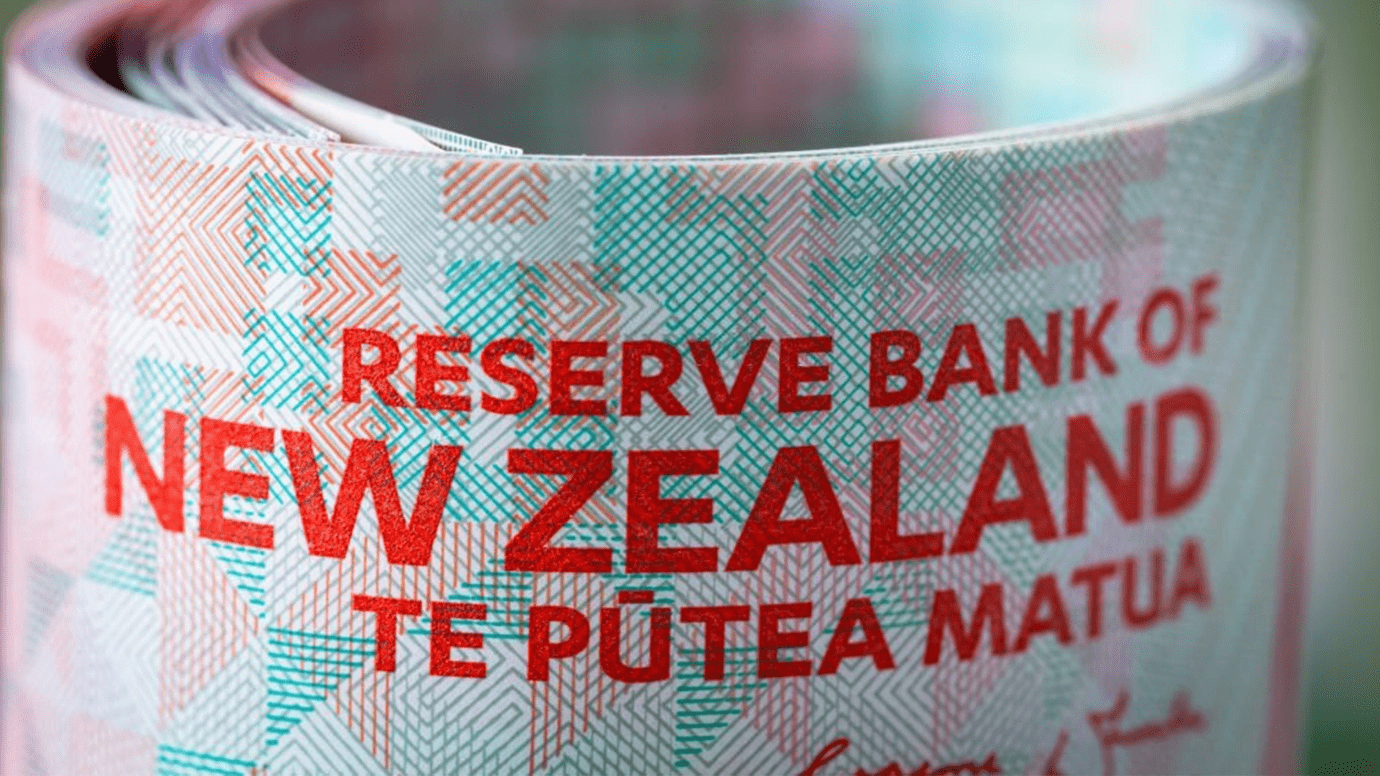
Why Skills-First Leadership Is Replacing the Ivy League Playbook in the C-Suite
The old prestige pyramid—where Ivy League degrees and blue-chip consulting backgrounds paved the way to the CEO seat—is cracking.

July 14, 2022: -On Wednesday, New Zealand’s central bank delivered its sixth straight interest rate hike. It signaled it remained comfortable with its planned aggressive tightening path as authorities sought to reduce the second-round effects of runaway inflation.
The Reserve Bank of New Zealand increased the official cash rate by 50 basis points to 2.5%, not since March 2016. It said that continued tightening at pace to maintain price stability and support maximum sustainable employment was appropriate.
Nearly all economists had expected the central bank to hike the cash rate by 50 basis points. Yet there had been speculation it could soften its hawkish outlook, given alarming decreases in business and consumer confidence and an accelerating slide in national house prices.
But the Reserve Bank said in its statement that its policy-setting committee was also “broadly comfortable” with the aggressive policy path projected in May, seeing interest rates nearing 3.5% by the end of this year and peaking at nearly 4% in mid-2023.
However, it further said that the committee acknowledged a near-term upside risk to consumer price inflation and emerging medium-term downside risk to economic activity.
“While it acknowledged the downside risk which faces the growth outlook, it is continuing to roll out the tough-talking language regarding cooling demand and getting inflation under control,” ASB noted.
A front-runner in withdrawing pandemic-era stimulus from its peers, the RBNZ is moving hawkishly to curb the highest inflation in thirty years, at 6.9%. The cash rate increased tenfold from a record of 0.25% in October.

The old prestige pyramid—where Ivy League degrees and blue-chip consulting backgrounds paved the way to the CEO seat—is cracking.

Loud leaders once ruled the boardroom. Charisma was currency. Big talk drove big valuations.

But the CEOs who make history in downturns aren’t the ones with the deepest cuts

Companies invest millions in leadership development, yet many of their best executives leave within a few years. Why?

The most successful business leaders don’t just identify gaps in the market; they anticipate future needs before anyone else.

With technological advancements, shifting consumer expectations, and global interconnectedness, the role of business leaders

Following a distinguished Law Enforcement career Joe McGee founded The Securitatem Group to provide contemporary global operational specialist security and specialist security training products and services for private clients, corporate organisations, and Government bodies. They deliver a wide range of services, including complete end-to-end protection packages, close protection, residential security, protection drivers, and online and physical installations. They provide covert and overt investigations and specialist surveillance services with a Broad range of weapons and tactical-based training, including conflict management, risk and threat management, tactical training, tactical medicine, and command and control training.

Jay Wright, CEO and Co-Owner of Virgin Wines infectious energy, enthusiasm, passion and drive has been instrumental in creating an environment that encourages talent to thrive and a culture that puts the customer at the very heart of every decision-making process.

Fabio de Concilio is the visionary CEO & Chairman of the Board at Farmacosmo, a leading organization dedicated to mental health and community support services. With a deep commitment to identifying and meeting customer needs, Fabio ensures that high standards are maintained across the board.

Character Determines Destiny – so said Aristotle. And David CM Carter believes that more than anything else. For David, it has been numerous years of research into codifying Entelechy Academy’s 54 character qualities that underpin everything he stands for as a leader and teacher.


Leave us a message
Subscribe
Fill the form our team will contact you
Advertise with us
Fill the form our team will contact you